How to be an Ally
Alliances have long been the invisible thumb tipping the scales of geopolitical conflict. The alliance between the United States, the United Kingdom, the Soviet Union, and China turned the tide of WWll. But it also left in its wake a remarkable legacy, the United Nations. The sprawling 193 member state intergovernmental agency focused on international peace & security, was born from an alliance of just 4 countries. Known as the Allied Forces, each country pledged their allyship - a commitment with clear expectations and duties - in a signed document called the Declaration of United Nations. They promised full economic and military support to the alliance, and vowed to not make peace with any enemy of the alliance.
“The pledge to serve as an ally isn’t an internal pact you make with yourself, it’s a public declaration.”
Allyship in the context of conflict provides a useful frame to understand and examine allyship in the context of organizations. In many countries Identity, the inherited and sometimes discovered traits & characteristics that define who we are, isn’t valued equally. For example, in America being Male is perceived as better than being Female. Citizen, better than being an immigrant. White, better than being Black. Straight, better than being LGBTQ+. These unconscious biases seep from our homes and schools into our organizations where they flourish. Allyship is an effective way to address unconscious bias in organizations by using the voice of individuals with preferred identities to amplify the diminished voice of those with non-preferred identities.
“Allyship requires a sustained contribution of your resources.”
In some organizations allyship is a spectator sport, an intellectual exercise to maintain moral fitness. These employees whole heartedly oppose racism. They disagree with social injustice and with all forms of discrimination. This however is not allyship, it’s decency. In order to address unconscious bias in the workplace our sense of what allyship is and what it means will need to change. We need those who identify as allies to move from acknowledgement to activism.
“Allies will need to be grounded in the historical context of social injustice in order to have authentic conversations about race & identity in their organizations.”
There are a few non-negotiables of allyship. First, allyship is not anonymous. The pledge to serve as an ally isn’t an internal pact you make with yourself, it’s a public declaration. Your direct reports, team members, and colleagues should know unequivocally where you stand. Second, allyship requires a sustained contribution of your resources. How much time are you spending supporting your organizations Employee Resource Groups (ERGs)? How are you using your voice to amplify the experiences of underrepresented groups at your organization? How are you using your social and political capital to advocate for underrepresented groups at your organization? Third, allyship is a pledge that puts you at odds with a system engineered to produce unequal outcomes.
“Allyship begins when you would rather dismantle the system than benefit from its privilege.”
The Black Lives Matter protests of 2020, the largest movement in U.S. history, has changed our expectations of allyship. Allies will need to be grounded in the historical context of social injustice in order to have authentic conversations about race and identity in their organizations. The future of allyship beings when we stop hiding behind the cloak of anonymity, and instead put on the mantle of advocacy. It begins when your pledge of allyship flows from empathy. And when you would rather dismantle the system than benefit from its privilege. The challenge for organizations in addressing unconscious bias is not just scaling allyship, but routinizing conversations about race & identity. The CLU Studio uses gameplay to create the psychological safety necessary to talk about race and identity. Sign up and be the first to know when CLU Identity cards become available.
CONTRIBUTER
Steffon Isaac
Founder, The CLU Studio

